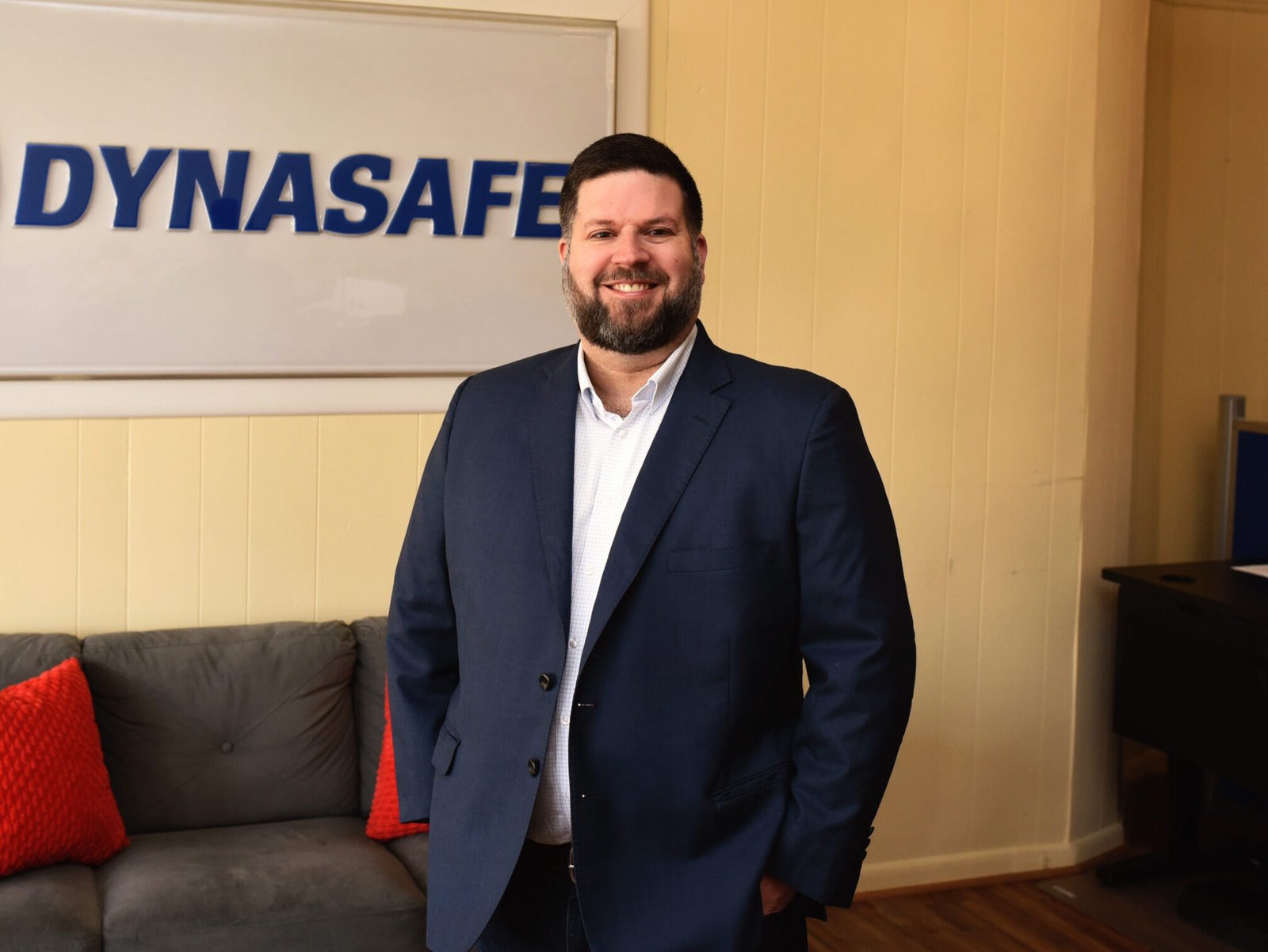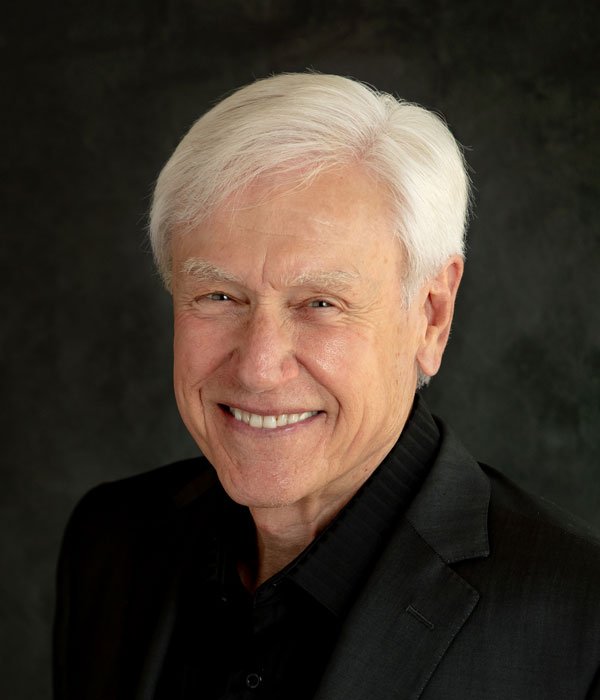I recently went one on one with Dr. Lucienne Marie Ide. Lucie is the founder and chair of Rimidi, a cloud-based software platform that enables personalized management of chronic cardiometabolic conditions across populations.
Adam: Thanks again for taking the time to share your advice. First things first, though, I am sure readers would love to learn more about you. How did you get here? What experiences, failures, setbacks or challenges have been most instrumental to your growth?
Lucie: Of course, I’m glad to share. To be honest, I have had kind of a wandering career path, but it’s really anchored in a mission-driven aspect. After getting my undergrad degree in physics, I worked on government technologies at the National Security Administration and then the Central Intelligence Agency. Those are both very mission-driven organizations and also where I fell in love with the promise of data and technology. I left my career in intelligence to work in venture capital, investing in mobile communications technologies. I loved the innovative, new company aspect of venture capital but missed working directly with data, so I decided to go back to school. I got an M.D. and Ph.D in Pharmacology from Emory University, working on novel models of gene therapy for graduate work before heading to the University of Pittsburgh Medical Center (UPMC) to do my clinical training in OBGYN.
During clinical training, I was really frustrated by inefficiencies and what I considered ‘systems problems’ in healthcare. Most healthcare professionals have such a love of the mission to care for patients that they are willing to put up with an overly complex and inefficient system. However, I found the daily deluge of seemingly solvable problems in healthcare too frustrating to ignore, so I left clinical practice with a goal of investing in better healthcare technologies.
When I got back into the investing world, I realized that a lot of the innovation happening was missing the frontline understanding of a clinician’s day-to-day. How can we offer clinicians or patients solutions without really understanding their biggest pain points? That’s when I decided to step into the world of entrepreneurship.
Adam: How did you come up with your business idea? What advice do you have for others on how to come up with great ideas?
Lucie: While I was looking at potential healthcare investments for the fund I consulted on, I was shocked to learn that we do a really poor job of managing chronic health conditions in the US (and generally globally as well). I had wrongly assumed that some of these diseases like diabetes or hypertension which are exceptionally well-studied to the tune of billions of NIH dollars each year were well-managed. They are not and often it’s a problem of execution, meaning how do we take guidelines and evidence and apply them to an individual patient at the point of care.
I became really obsessed with this idea and found a technology in the diabetes space that emerged out of research on the artificial pancreas. We started with that simple premise – what if we used a patient’s own data combined with algorithms to drive treatment decisions for that patient. My advice for people looking to become entrepreneurs is to start with a problem they can’t let go of. Then talk to people who are affected by that problem in different ways and start to shape a model for how to solve it, who would buy it, who would use it, and who would benefit. Those are often not the same people, especially in healthcare.
Adam: How did you know your business idea was worth pursuing? What advice do you have on how to best test a business idea?
Lucie: I got a lot of validation early on by talking to clinicians. Listening to their opinions, their pain points, their frustrations with their workflow or current technology really shaped — and continues to shape — Rimidi. After I gave an early demo, one doctor said, “Wow, so it sounds like your software makes it really easy to do the right thing for a patient, and hard to do the wrong one”, which is extremely validating.
Try to get your idea in front of end-users as early as possible, even if you are not sure who those end users are. Run focus groups. Send digital surveys. Don’t be afraid to be wrong and listen to criticism. Understanding your audience is key to creating and sustaining a successful company.
Adam: What are the key steps you have taken to grow your business? What advice do you have for others on how to take their businesses to the next level?
Lucie: Build the right team. A lesson I learned while getting my PhD was that I didn’t have to know everything. The world is awash in experts and there aren’t that many new ideas. As a founder, you are often trying to configure ideas in new ways or apply an existing solution to a new problem. So go find people whose strengths compliment your weaknesses and who want to build something together.
Adam: What are your best sales and marketing tips?
Lucie: I’ll borrow a favorite acronym of my colleague: A.B.N. — Always Be Networking. You never know who might live next door to your next biggest customer.
Another thing I’ve found extremely beneficial is pursuing thought leadership opportunities. Providing potential customers with useful, insightful, or interesting information (rather than simply throwing your product or solution at them) is a great way to earn their trust and respect.
Plus, creating thought leadership content gives me more pieces to post on social media, or send to sales prospects to continually nurture their buying decision process.
Adam: In your experience, what are the defining qualities of an effective leader? How can leaders and aspiring leaders take their leadership skills to the next level?
Lucie: Empathy for the client, the end user, and your own team. This goes a long way in building lasting relationships and trust. I would prefer that all of our clients think of us as partners not vendors and I think we have been successful building those kinds of relationships because of this approach.
Adam: What is your best advice on building, leading and managing teams?
Lucie: Communicate. I can be guilty of assuming others can read my mind or understand my entire strategy from a brief conversation about our action plan. I’ve had to learn to be more intentional about communicating my thoughts and the logic and assumptions behind them in order to bring people along with me.
Adam: What are your three best tips applicable to entrepreneurs, executives and civic leaders?
Lucie: Be curious, be helpful and be humble.
Adam: What is the single best piece of advice you have ever received?
Lucie: My dad’s first career advice was to “Work hard on something important beyond yourself, and everything else will work out.” He was right.









